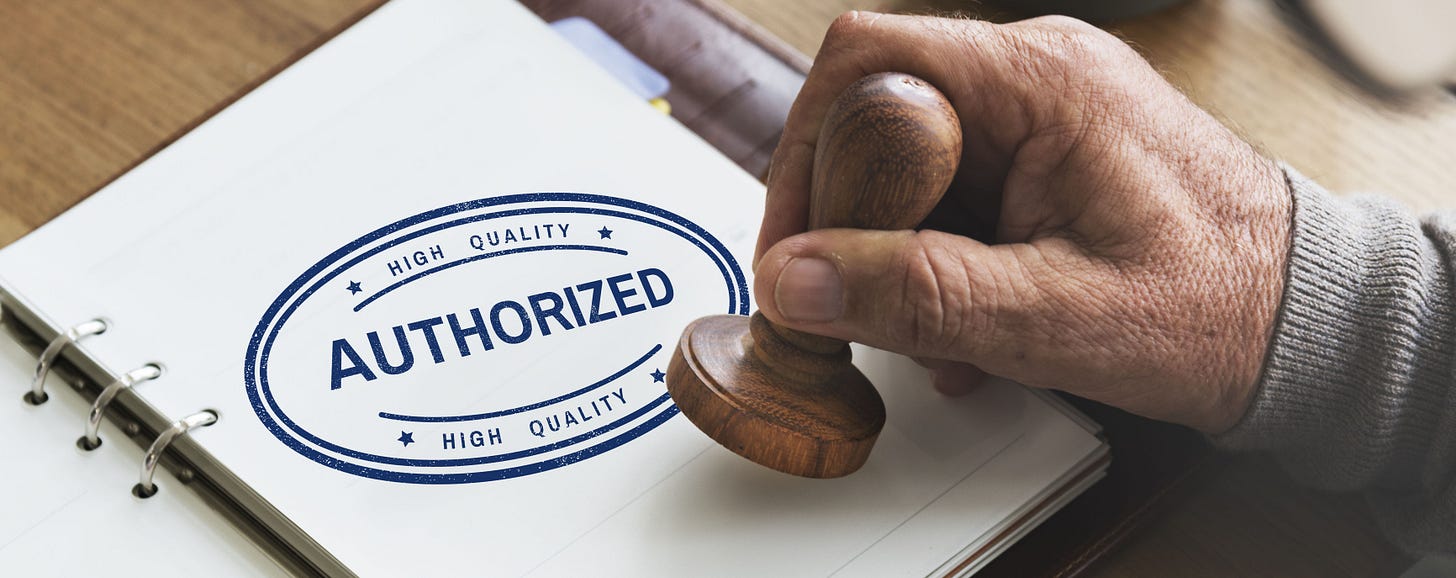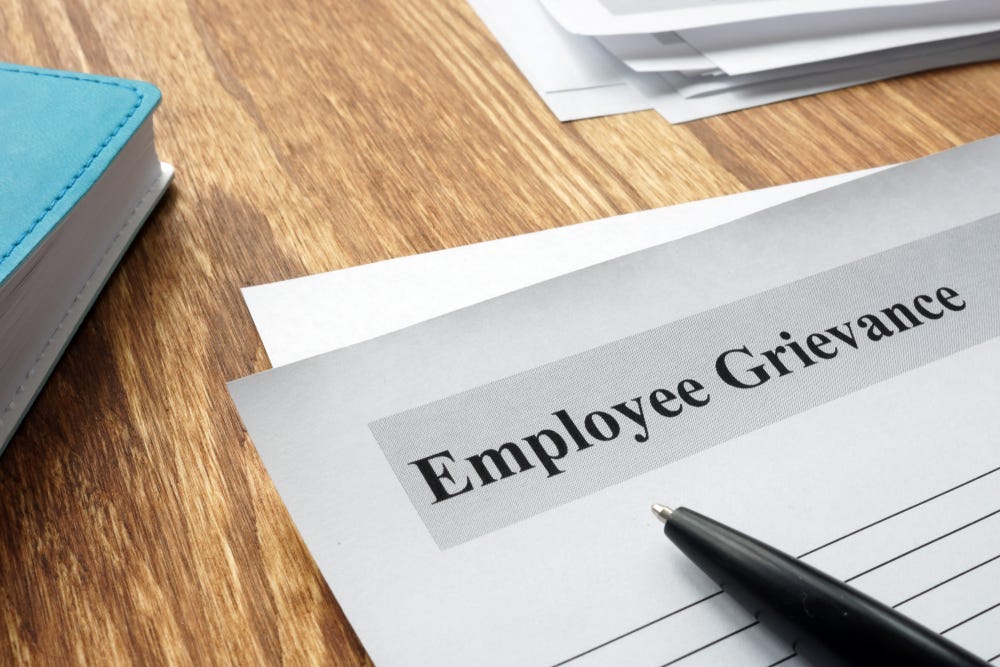E-Pluribus | February 28, 2023
When an investigation equals censorship; overregulation is a drag on freedom; and a University of Pennsylvania professor fights back.
A round-up of the latest and best writing and musings on the rise of illiberalism in the public discourse:
Sylvia Goodman: By Announcing an Investigation, Did Tulane Censor Her?
Outright censorship is generally recognizable, but sometimes actions short of a muzzling can have the same effect. At the Chronicle of Higher Education, Sylvia Goodman examines the case of a Tulane University student who defended Kanye West and was subsequently subjected to a publicly announced “investigation” that some free speech advocates suggested implied the student’s guilt.
When the Tulane University student Sarah Ma published a viral diatribe last month that promoted stereotypes about Jews, and defended the antisemitic rants of the rap artist formerly known as Kanye West, there were widespread demands on the heavily Jewish New Orleans campus that administrators investigate and punish the 20-year-old for “creating a hostile environment.”
A few days after the article was published, Erica Woodley, Tulane’s associate vice president and dean of students, student resources, and support services, sent a campuswide email that denounced Ma’s article, pointed traumatized students to a phone line for emotional support, restated the university’s free-speech policy, and said the university would review student complaints.
“Tulane strongly condemns antisemitism, anti-Blackness, and all forms of bias and discrimination. The Office of Student Conduct is reviewing this matter,” wrote Woodley. “We acknowledge the pain these words have caused.”
That email has landed Tulane in the crosshairs of a roiling debate over campus free speech.
Free-speech activists said administrators effectively violated their own free-speech policy and created a censorious environment by hinting to the campus community that Ma might have violated a university policy. The investigation, according to a letter from the Foundation for Individual Rights and Expression, should have been both brief and entirely private.
“This seemed to be more of a public-relations move than actually caring about the complaints that are submitted to them,” Sabrina Conza, a program officer for campus rights advocacy at FIRE, said. “The university should be able to read the article and say, ‘OK, this is protected under our free-speech promises.’ And that’s it. There doesn’t need to be an intensive investigation.”
But some students and civil-rights activists said that when a student or professor’s speech is offensive, the university has an obligation to publicly address the issue and take transparent, public action. Silence and inaction, they said, can make the situation worse and leave those targeted feeling alone and unsafe.
Read it all.
Jerusalem Demsas: Permission-Slip Culture Is Hurting America
One gets the sense that were Thomas Jefferson to pen his list of horribles that justified splitting from Great Britain today, he might be tempted to include, “He has erected a multitude onerous licensing laws, including for the braiding of hair…” Jerusalem Demsas at the Atlantic says “permission-slip culture” not only impinges on freedom, it also negatively affects society economically and otherwise without even providing the ostensible benefits often used to justify regulation.
The usual argument in favor of strict and pervasive licensing is that the system helps ensure high standards for consumer welfare. Of course we can all think of several professions where some form of licensing makes sense: doctors and nurses, operators of dangerous machinery, handlers of hazardous materials. But the assumption that barriers to entry, no matter their form, will necessarily increase the quality of services provided is flawed.
[. . .]
Occupational licensing springs from a permission-slip mentality that has infected American political institutions of all sorts. Permission slips to braid hair, permission slips to build affordable housing, permission slips to put solar panels on your roof … a country full of adults raising our hands waiting for someone to let us use the bathroom!
Although pro-licensing forces would have you believe that we must choose between permission-slip governance and peril, this is a false choice. The question is not whether a particular industry poses risks but what kind and how they can best be reduced. Our current licensing regime has not rid American society of risk; heavily licensed industries continue to present safety issues. Instead it has exacerbated labor shortages in crucial industries, encouraged artificially high prices, and created unreasonable barriers to employment and mobility.
Read it all here.
Richard L. Cravatts: Amy Wax in the Crosshairs
In January 2022, we featured an article on controversial University of Pennsylvania professor Amy Wax and her statements regarding race and immigration. Richard Cravatts reports for Minding the Campus that Wax has filed a grievance against her employer for actions against her essentially for thought crimes.
Now Professor Wax has decided to strike back and defend her academic freedom. Last month, Wax’s attorney, David J. Shapiro, filed an official grievance against Dean Ruger in which he claimed the dean “has grievously harmed Prof. Wax by seeking to punish her for deviating from a narrow set of acceptable opinions, thus effectively imposing a rigid orthodoxy of permissible speech and expression at the Law School.”
The grievance correctly noted the key issue here, that Wax is being punished for her thought and not her actions: “. . . the allegations in the charges do not concern behavior or actions but only expression. The only thing that the charges allege is that her speech and expressions of unpopular or controversial opinions require a major sanction, including possible loss of tenure and termination.” That type of sanction, of course, violates the fundamental precepts of academic freedom and free speech, especially for tenured faculty who have earned the right to speak their minds within a university community—regardless of how unpopular their views are.
Dean Ruger has allowed one group of Wax’s loudest critics—minority students—to decide what speech is acceptable and what speech may be suppressed in the name of DEI. But that is the wrong message for students, since it relieves them of the responsibility to challenge ideas with which they disagree. It is easy to win an argument when your opponent cannot speak, and future lawyers in particular have to be prepared to confront opposing views, marshal arguments to prove their own case, and come to conclusions based on an analysis of competing ideas and evidence. “Instead of instructing them on the importance of preserving her right to disagree with them on critical issues without penalty . . ,” the grievance correctly noted, “Dean Ruger has instead given in to a noisy group’s demands that Prof. Wax be penalized.”
Read the whole thing.
Around Twitter
Some advice from Peter Boghossian on dialogue with those with whom you disagree:
Via Heterodox Academy and the University of California Center for Free Speech & Civic Engagement, some excerpts from a Chronicle of Higher Education article entitled “The Point of Education Is Not to Reduce Harm”:
And finally, the clock is running out for employees of the federal government who use TikTok on their devices (tick, tock, tick, tock….):










From the first piece -- it’s not “racism” any more, it’s “anti-Blackness”?